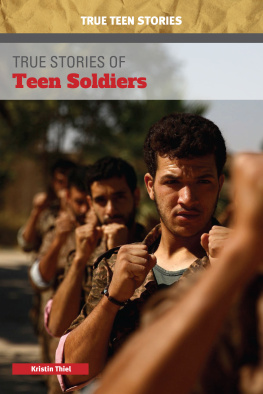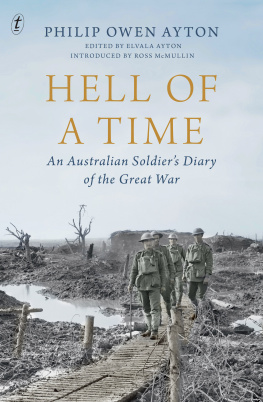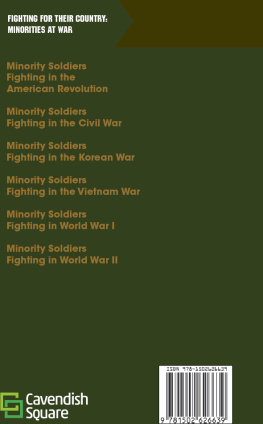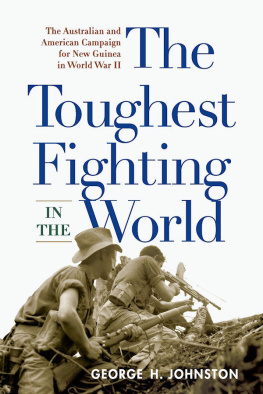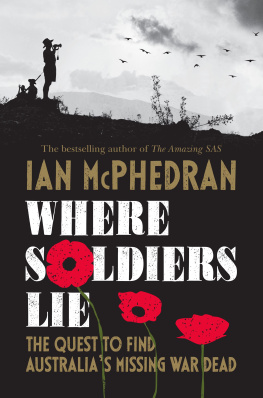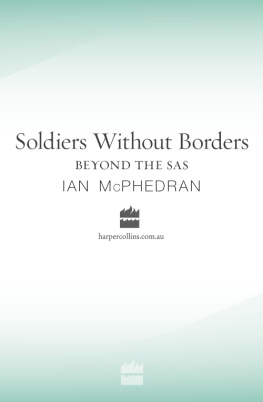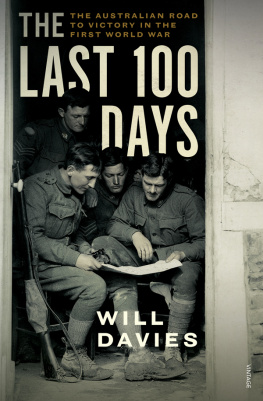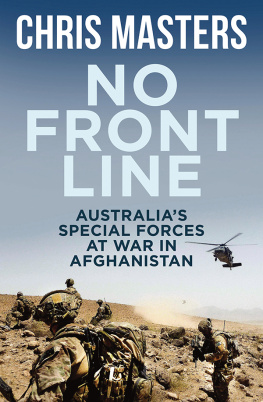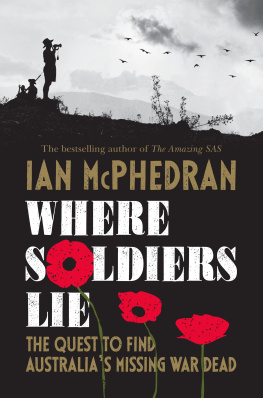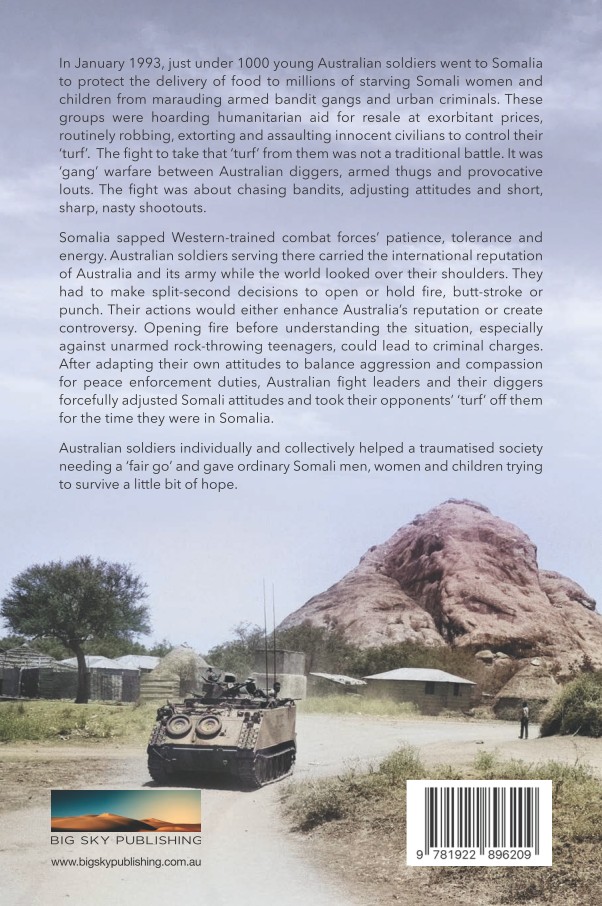Contents
|
| Chapter 1 |
|
| Chapter 2 |
|
| Chapter 3 |
|
| Chapter 4 |
|
| Chapter 5 |
|
| Chapter 6 |
|
| Chapter 7 |
|
| Chapter 8 |
|
Copyright Bob Breen
First published 2023
This book is copyright. Apart from any fair dealing for the purposes of private study, research, criticism or review as permitted under the Copyright Act, no part may be reproduced, stored in a retrieval system or transmitted in any form or by any means, electronic, mechanical, photocopying, recording or otherwise, without written permission.
All inquiries should be made to the publishers.
Big Sky Publishing Pty Ltd
PO Box 303, Newport, NSW 2106, Australia
Phone: 1300 364 611
Fax: (61 2) 9918 2396
Email:
Web: www.bigskypublishing.com.au
Cover design and typesetting: Think Productions

Title: Chasing Bandits in the Badlands. Australian Soldiers adjusting attitudes in Somalia 1993
ISBN: 978-1-922896-20-9
CHASING
BANDITS
IN THE
BADLANDS
Australian Soldiers adjusting
attitudes in Somalia 1993
BOB BREEN


This book is dedicated to all young men and women Australia sends to dangerous places in the world to make a difference, especially those who die and those who come to physical and mental harm because of their service.
It acknowledges frontline corporals and their diggers.
In the 1990s, there were few if any victories, but there was honour and humanity in representing the Australian people's aspirations for a more peaceful, harmonious and prosperous world.
CHASING
BANDITS
IN THE
BADLANDS
Australian Soldiers adjusting
attitudes in Somalia 1993

BOB BREEN
Table of Contents
CHAPTER 8
Mission Accomplished?
What should be said about the service of just under 1000 young Australian men and women in Somalia in 1993? There were no battles to win. There was a modest butchers bill of dead and wounded for foreigners and locals relative to the typical consequences of armed conflict. Somalia continued as a largely ungoverned, divided colonial legacy approaching a failed state status. Still, one could argue that it was never a proper state within colonial borders, especially after a military coup in 1969. Cycles of depravation, starvation and violence continued into the 1990s. The reality is that the Australians in Somalia did what the government representing the Australian people asked them to do. And they met the challenges with the right balance of aggression and compassion. The author has written:
In contemporary Western alliance operations, the world looks over the shoulders of corporals. It holds them accountable for their behaviour towards those they encounter and for every time they and their soldiers pull the trigger. Their tactical decisions and personal conduct may have significance far beyond their immediate actions.
In Somalia, any ill-considered action captured on camera and reported in the media had strategic consequences. The patrolling stories from the lawless and damaged city of Baidoa and the surrounding Badlands testify to their exceptional performance.
The settling-in period for the Australians patrolling Baidoa and guarding the airfield was tight, tense and dangerous. The presence of journalists, camera crews and photographers on patrols added to the pressure. Soldiers were understandably wary as they adjusted to the dangers and controlled their tempers. Local Somali youths tested their temperament, and shooters sporadically tried their discipline under fire. To their credit, the Australians maintained their rules of engagement (ROE) in the face of these provocations, resisted the urge to become trigger happy and exercised discretion in any physical confrontations and rock-throwing initiated by malicious but foolhardy louts.
Mission accomplishment in Somalia belongs to the corporals Australias frontline fight leaders and their small teams. They brought to the fore the generic advantages of superior individual training, teamwork and mateship, physical and mental toughness, superior weapons, flak jackets, low-level communications technology and night vision equipment. The harsh climate, high tempo of operations and the constant threat of encounters with armed groups, especially at night, tested junior leaders and their small teams from the start of Australian operations in Baidoa.

Ordinary Somalis appreciated Australian good humour and friendly approach., Photographer George Gittoes.
The measurements of success begin with the uninterrupted conduct of humanitarian operations by aid agencies and maintaining the personal safety of expatriate NGO managers and staff for four months in Baidoa and surrounding towns. These two successes were hard-won in the face of a persistent threat posed by some NGO guards and the illegal activities of criminal groups. Occasionally, the inexperience of a few expatriate NGO staff put them in mortal danger when they should have exercised more discretion, especially when hiring and managing their Somali guards.
The bonus for the citizens of Baidoa and the surrounding countryside was a decline in violence because of the pressure the Australians put on local criminals, bandits and hooligans. In this climate, local elders reasserted their authority, a police force was formed, and a judicial system returned. Ian Harris, the National Director of CARE Australia, assessed in June 1993, two weeks after the Australians had left, that
Today Somalis living in and around Baidoa are no longer hungry, the children are healthy, and the people have enduring memories of the good work done by the Australian Army in their city.
The political situation in Baidoa improved over the four months. Australian house and building searches and confiscations of weapons, munitions, supplies and cash drove supporters of General Aideeds political faction, who mixed their politics with violence and crime, out of town. By hitting this violent political faction hard, the Australians created a better political reconciliation and nation-building environment by more moderate and popular local political groups. However, had the Australians stayed longer and kept the pressure on Aideeds supporters, they may have attracted retaliation, like the Pakistanis did in Mogadishu in June and the Americans in October 1993, resulting in the infamous operation; that prompted the book and film Blackhawk Down.
Giving ordinary Somalis a fair go was another characteristic of how Australians operated. The physical protection of humanitarian operations did not prove to be a difficult task for well-trained Australian infantry and cavalry units. Within the confines of their mission, this was a job well done. The Australians had two options when the safe delivery of food and other necessities to villages was not followed by fair and equitable distribution: ignore or respond. David Hurley and his commanders and staff decided to intervene, both out of a moral commitment to give everyone a fair go and rightful anger about those exploiting the distribution system for their gain.


